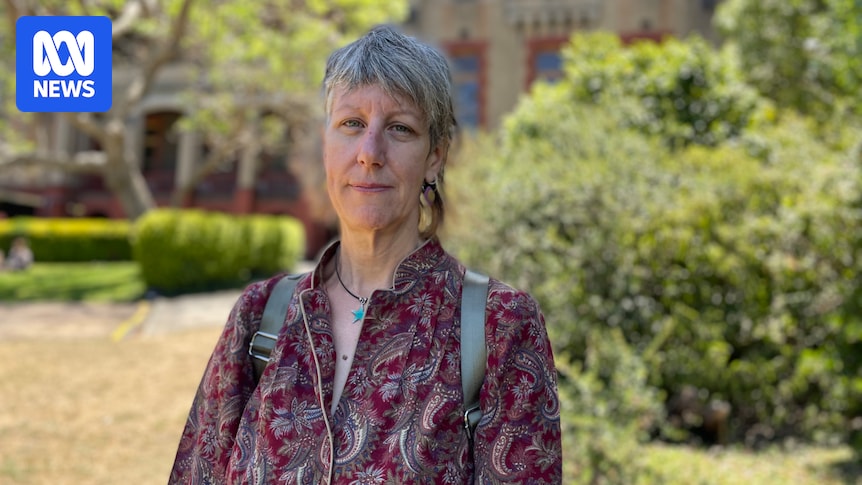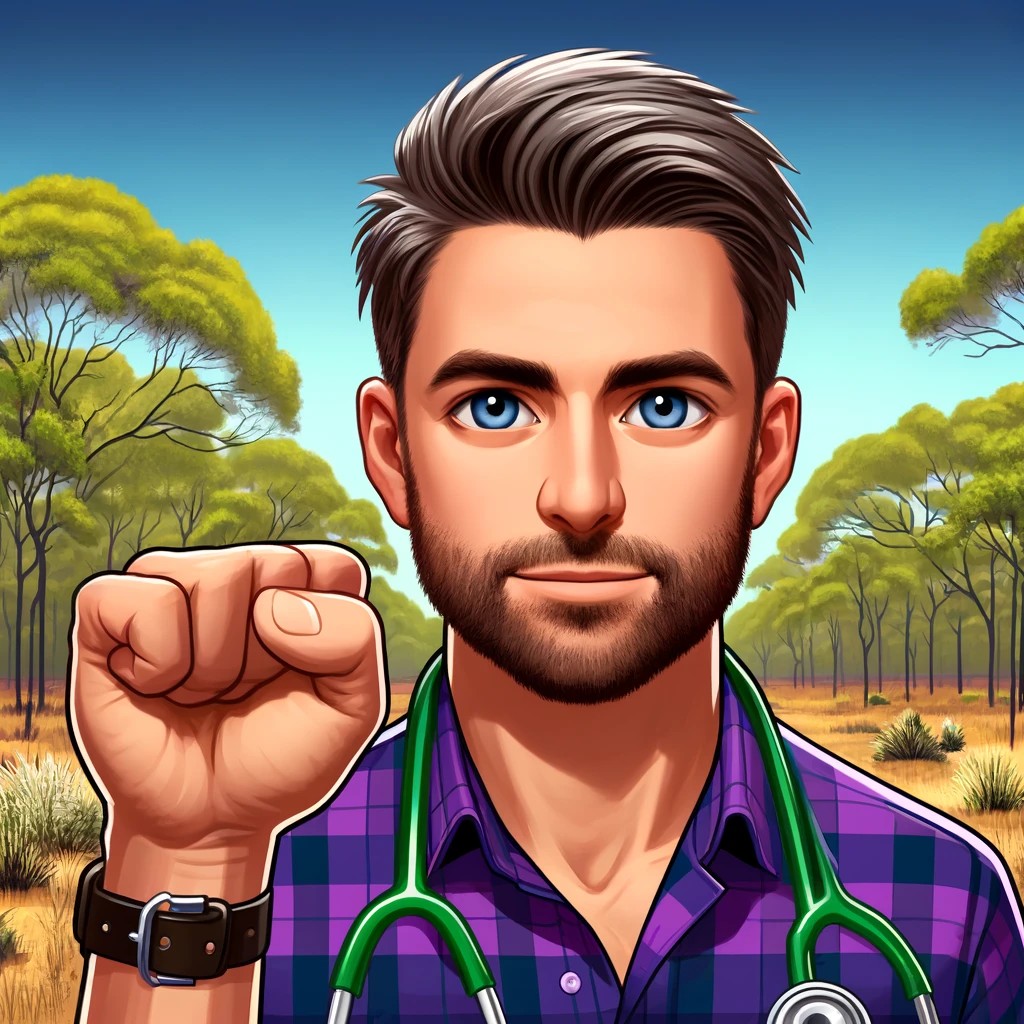In short:
An antipsychotic medication often prescribed to people with schizophrenia or bipolar is in short supply.
Pharmacists and doctors have told the ABC they were not made aware of supply issues until the issue was raised by patients who could not find refills.
What’s next?
The TGA says shortages are expected to be resolved in a few months and in the meantime, people can try and source other generic versions instead.
Is the an increase demand issue (from around the world and locally) , limited supply issue or both?
I can see the increasing demand issue needing capital to fund expansions that some companies might be wary of?
India seems to be the world’s pill maker, have we outsourced too much?
We seem to now have a dizzying array of medications and an ever expanding list of drugs, is that complexity some of the bottleneck ?
Are we just enshitifying the medical field ?
Maybe Hobart would be better placed spending billions on a drug manufacturing plant to onshore production, rather then those billions being used for the hit and giggle stadium and a basslink duplication.
It is a supply chain issue not increased demand and it is not just Seroquel but a huge variety of medications as I said in another comment.
I don’t understand the issue in enough depth but I’ve had discussions with people who do and who think increased local manufacturing is the only way of addressing this. What’s more a government owned pharma corp mandated to ensure steady supply of off-patent essential meds could probably be run at a profit.
Medication shortages are the biggest ongoing problem that no-one is talking about.
I’ve been a doc for 10 years and before COVID I can think of one medication shortage that impacted patient care, now it’s a constant issue. The TGA has 414 ongoing shortages that are listed including 41 that are critical (Medicine shortage reports database )
We’ve had to deal with shortages of everything from reflux medication to liquid morphine for palliative patients to a shortage last year of amoxy-fucking-cillin!
Many of these can be dealt with by substituting a similar medication but this has often lead to subsequent shortages of the alternatives. Needless to say it isn’t ideal to be chopping and changing antipsychotic medications.
Almost all antipsychotics need to be tapered off. If someone suddenly stops, it can end badly for them. Add to that the facts that quetiapine is one of the most common and effective APs, the importance of treating psychosis and mood stability as effectively as possible, and most people having to do trial and error to find the right medication for them? This is a recipe for disaster.




